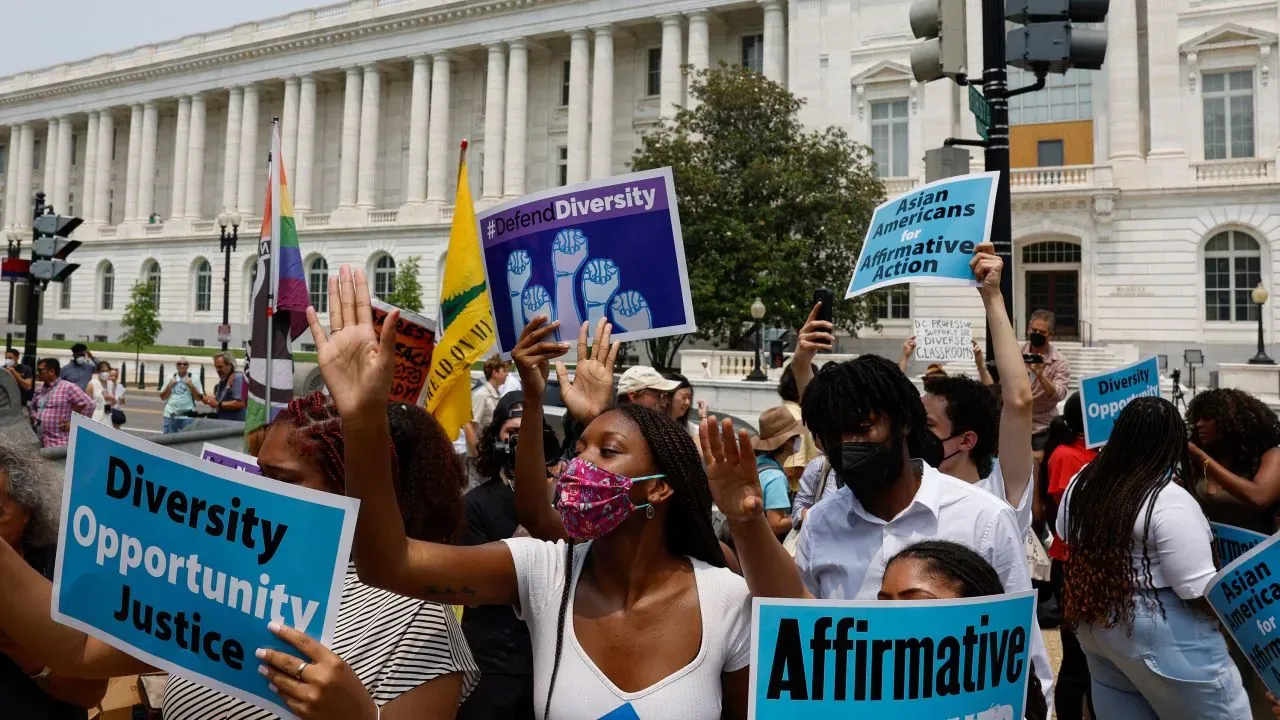In the US, affirmative action has long been a sensitive topic that has sparked discussions about equality, justice, and meritocracy. The Supreme Court of the United States has been crucial in establishing the legal framework for affirmative action over the years. We'll go into the Supreme Court's role with affirmative action in this blog post, looking at key decisions, their ramifications, and current debates.
Understanding Affirmative Action:
Giving preferential treatment or more opportunities to people from underrepresented or disadvantaged groups, affirmative action is a policy intended to remedy historical injustices and prejudice. To level the playing field and make up for prior injustices, the goal is to encourage diversity and inclusion in a variety of contexts, including employment and education.
Important Cases
Bakke v. Regents of the University of California (1978):
This case marked a turning point in the Supreme Court's understanding of affirmative action. The University of California's medical school admissions policy, which reserved a particular number of seats for minority applicants, was contested by white applicant Allan Bakke. While the Supreme Court determined that tight quotas were illegal, it also held that race could be taken into account as one of many factors in the admissions process to encourage diversity.
Grutter v. Bollinger (2003):
In this case, the affirmative action practises of the University of Michigan Law School were questioned. The Court ruled that race could be taken into account when making admissions decisions and that educational diversity was a compelling state interest. The Court did stress that race should only be used in very specific circumstances, and that race-conscious policy should be regularly evaluated.
University of Texas at Austin v. Fisher (2016):
White candidate Abigail Fisher contested the University of Texas at Austin's admissions procedure, which allowed for the consideration of race for some applicants. The Court affirmed the university's policy and emphasised that organisations must show that options that are race-neutral fall short of attaining diversity. The Court also stressed the necessity of routinely reviewing race-conscious policy.
The legal framework governing affirmative action in the United States has been fashioned by these precedent-setting judgements, yet the argument still rages on. Affirmative action is required, according to proponents, to address systemic inequalities and promote diversity because it gives members of historically marginalised groups access to opportunities they might not otherwise have. According to critics, such practises can reinforce reverse discrimination and jeopardise the values of fairness and meritocracy.
In this ongoing discussion, the Supreme Court's position is crucial. The Court must balance conflicting interests as new cases are brought before it, assessing the potential advantages of affirmative action against potential violations of individual rights. The court's rulings have a wide-ranging effect, affecting not only admissions procedures in educational institutions but also the way people talk about equality and social justice in general.
In conclusion, the subject of affirmative action continues to be complicated and hotly contested in American culture. The Supreme Court's involvement in establishing the rules governing affirmative action policies and their application has been crucial. It is essential to acknowledge the evolving nature of affirmative action and engage in intelligent discussions to establish a balance between fostering diversity and guaranteeing equitable treatment for all as the nation continues to struggle with challenges of inequality and access to opportunity.





%20(1).webp)
No comments:
Post a Comment